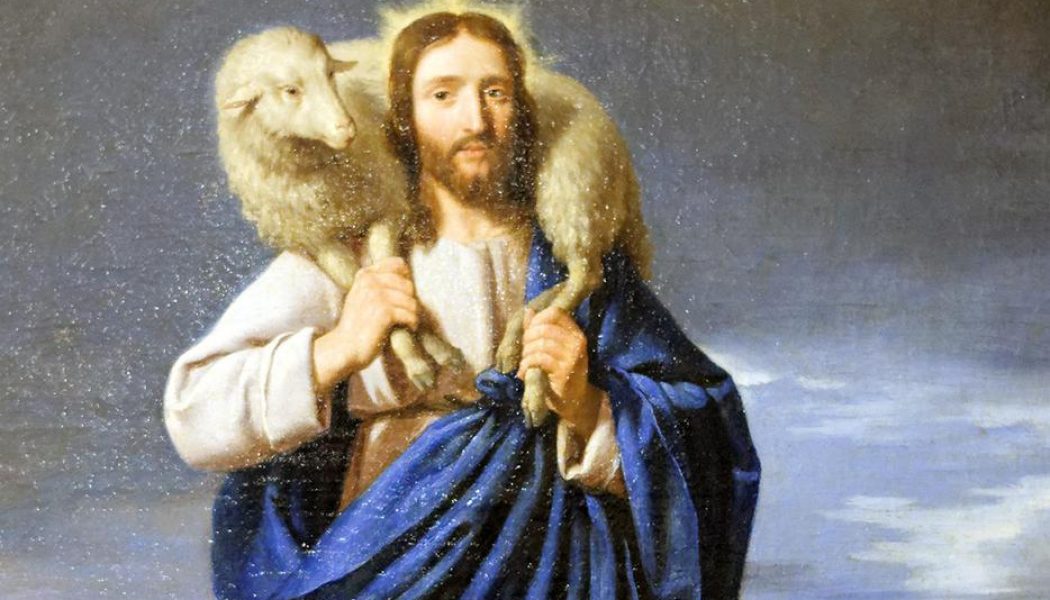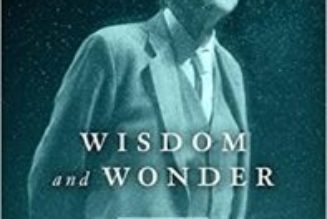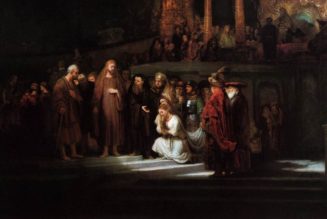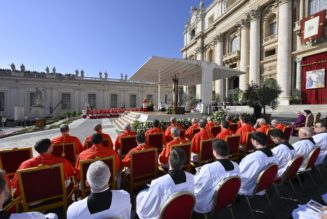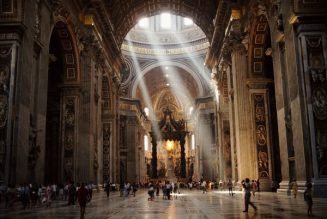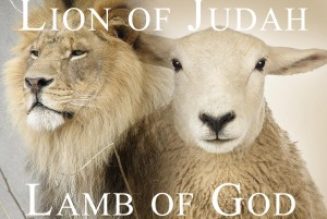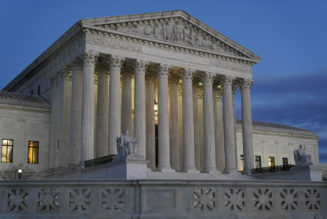
“Christ called himself truth, not custom.” —Tertullian
In the first three centuries of the Church’s life — before, that is, the Emperor Constantine put an end to persecution by converting to the True Faith — if you fell into the hands of Roman authority, which saw Christianity everywhere as a threat to its hegemony, some variation on the following question might be put to you in the ensuing interrogation: “To which of our gods does your god correspond? Is he Jupiter, the undisputed King of all the gods? Or maybe his jurisdiction extends only as far as the sea, in which case — is his name Neptune?”
And, of course, the Christian answer was always the same, at least among those who had the wit and spirit to speak it: “To not a single one of your bloody gods, but to the very One whose Name you do not know, even as he remains Creator and Lord of the Universe, Alpha and Omega, the First and the Last.”
Public execution would invariably follow, administered in such a way as to maximize your humiliation and pain, but with the unwitting result of confirming Christianity’s own prediction, that so much blood spilt by Rome was needed to water the flowers of a future in which Christ’s reign would last forever. The thing about sanctity, you see, which the pagan world could not see, was that while Rome was free to refuse or reject it, what it could not do was to defeat and kill it. Like Christ himself, the proof of martyrdom was that here were witnesses so intensely real and alive that they could survive, again and again, their own demise. In the end, the dead would outrun death, they would not stay dead.
And the result? An entire pagan superstructure will be dismantled, brick by brick — swept clean away as nothing more than a fabric of lies. So much vain and empty superstition, however precariously held together by violence, was simply not sustainable.
When the followers of Jesus Christ spoke of God, with whom they had constant and intimate recourse, they meant Being, the Supreme Someone, who effortlessly kept the entire universe going. He was Truth, Wisdom, the Ground and Source of all that is. What they meant very specifically by that — indeed, it became the cornerstone of their faith — was nothing less than the Logos of God himself, the Eternal Son of the Father, coming among us in order to shatter all the gods of antiquity.
So sudden and surprising an enfleshment of God in the man Jesus, became the unignorable scandal of particularity. What could be more shocking than the insistence that God’s own Word, spoken eternally from out of the silence of the heavens, should enter human history and actually have become flesh of our flesh, bone of our bone? Faced with an absolutely unheard of, totally stunning conjunction of Logos and sarx, the great god Pan will simply have to go, put permanently to flight, thus signaling the end of the dark night of the Pagan mythos.
This is what the triumph of Christianity made possible. Nothing less than the definitive de-mythologization of the world, thereupon giving rise to a secularity both free and legitimate. What had once been a world filled with gods, fraught with chthonic forces and fears, was now, thanks to God’s daring descent, destined to disappear forever. And the Church, as Christ’s Bride and Body, God’s own mysterious prolongation in the world, will formally preside over its dissolution until the end of time.
And so, if anyone wishes to know what the basic and persisting criticism was which Christianity leveled against the pagan gods, one has only to inquire into Logos, and to recognize that, for the followers of Jesus Christ, the pagan religion could never be taken with an ultimate seriousness owing to its failure, at the most basic and systemic level, to be rooted in that Logos, in the truth of Being, in the reality which is God. Disintegration and death were inevitable. And, yes, fear and violence would for a time keep the engine running, yet the vaunted machinery could not finally sustain itself. Knowing that fact will remain the standing grace of the whole Christian world. Paganism, for all that it defined the world into which Christianity first found itself, was bound to fail, to implode.
Think of the Magi, those shadowy figures from the East, whose strange peregrinations the poet Eliot depicts in his “Journey of the Magi,” fated to return to their places, their kingdoms — “But no longer at ease here, in the old dispensation, / With an alien people clutching their gods.” Who will, not long after, “be glad of another death.”
And thus, the Pagan spirit, for all that it pervaded the ancient world, its power propped up by the might of an Empire, cannot succeed in the long run, the sheer unreality of its pretensions having doomed it to extinction. At its best, in its most formidable phase, it subsisted on custom and fear, being a necessary part of the furniture, the outward form, the merest drapery of a life too many thought would never end. The sheerest conventionality, as it were, like wearing a bow tie as opposed to one made of colored string. That is what kept the pagan pilot light going. But it would soon go out, extinguished by the grace and the witness of countless martyrs.
Join Our Telegram Group : Salvation & Prosperity
